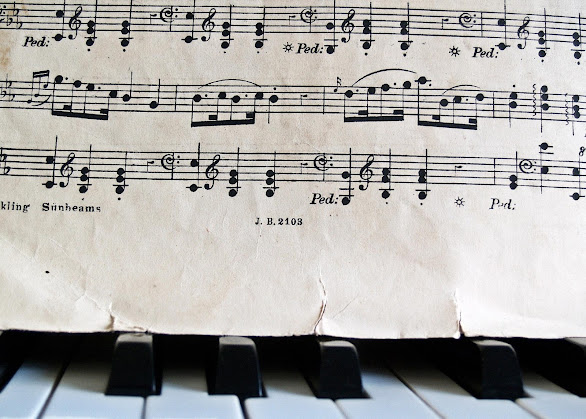The quality of your practice is much more important than the quantity. The old maxim, "Practice makes perfect," applies only if the practice itself is perfect. Here are seven tips to make your practice more effective and efficient.
1. Practice your motions slowly
The memory of our body muscles allows us to physically perform motor patterns with little or no conscious involvement. Examples of muscle memory include walking, biking, typing, and, of course, playing musical instruments. To develop this memory, the muscles need to be trained in the form of heartfelt, repetitive, conscious instruction. The mind must first learn patterns. Next, the mind needs to "teach" the pattern to the muscles. The mind first needs to control all the movements of the muscles. The more controlled and accurate the movement, the faster the muscle develops muscle memory. Slow practice also makes it possible to teach "antagonist muscles" to relax the mind. Antagonist muscles are muscles that move in the opposite direction. By relaxing the antagonist muscles, you can reduce tension, enable faster and easier performance, and avoid potential injuries.
2. Practice with small cells
An "exercise cell" is simply a finite series of movements. Musical cells can handle everything from a few notes to the whole piece. When practicing, it is important to practice small cells with just a few notes. Practicing on small cells limits the amount of information a muscle must learn at one time. It also promotes concentration and concentration of mind.
3. Link the end of one cell to the beginning of the next
In order for the muscles to develop a sense of continuity throughout the music, the last movement of one cell must be the first movement of the next cell.
4. Practice each cell with a spurt
Once the muscles learn the pattern, they can do it without conscious control. Start the pattern with a conscious command and let the muscles do it all at once.
5. Don't practice mistakes
For each iteration required to learn a movement pattern, it takes seven times as many iterations to change the pattern. If you make a mistake while practicing, please stop. Check your mental pattern. And it will slow down your movement even further.
6. Rest between repetitions
During a repetitive activity, the mind can be better focused if the repetitive is divided into short breaks. After repeating a few times, pause for about 30 seconds and refocus.
7. Take frequent breaks and don't "over-practice"
B. F. Skinner and other experts have found that prolonged concentration significantly reduces the learning ability of the mind. Studies show that studying for long periods of time (that is, four hours or more) can deplete the chemicals in the brain needed for learning. Therefore, it is advisable to take frequent breaks (5-minute breaks approximately every 20–25 minutes) and practice continuously within 4 hours.
Using these techniques can dramatically improve the quality of your practice. You can use your time more efficiently and enhance the effectiveness of your practice.




0 Comments